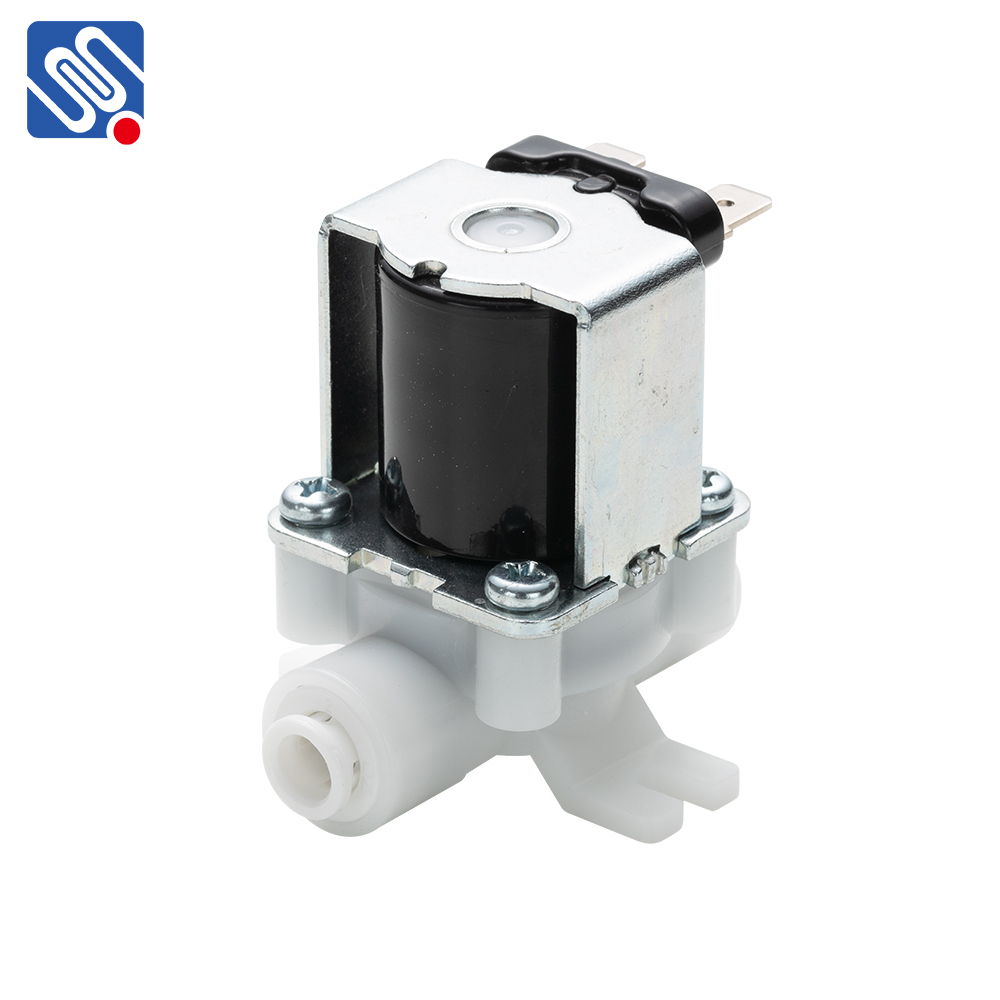food grade solenoid valve certification: ensuring safety and hygiene in the food industry
Release time:2025-11-15 04:19:07
Food grade solenoid valve certification plays a critical role in ensuring the safety and quality of products in industries that handle food and beverages. These valves are an essential component in regulating the flow of liquids, gases, and other substances in food processing systems, but to be deemed safe for such use, they must meet specific hygiene and material standards. This article explores the importance of food grade solenoid valve certification, its relevance in the food industry, and the standards that govern its certification.

Importance of Food Grade Solenoid Valves Solenoid valves are electromechanical devices that control the flow of liquids or gases by using an electric current to generate a magnetic field, which opens or closes the valve. In the food industry, these valves are used in various applications, including liquid dispensing, cleaning systems, water treatment, and even in the packaging process. Since these valves come into direct contact with food products or the environment in which food is prepared, it is essential that they meet stringent safety and hygiene requirements. The key purpose of food grade certification is to ensure that solenoid valves do not introduce contaminants into food products, whether through leaching harmful chemicals, corrosion, or material degradation. For example, certain metals or plastic materials used in valves could contaminate food products if they were not carefully selected and certified. Food grade solenoid valve certification ensures that the materials and components used in these valves are non-toxic, non-reactive, and suitable for food contact applications.

